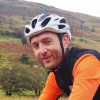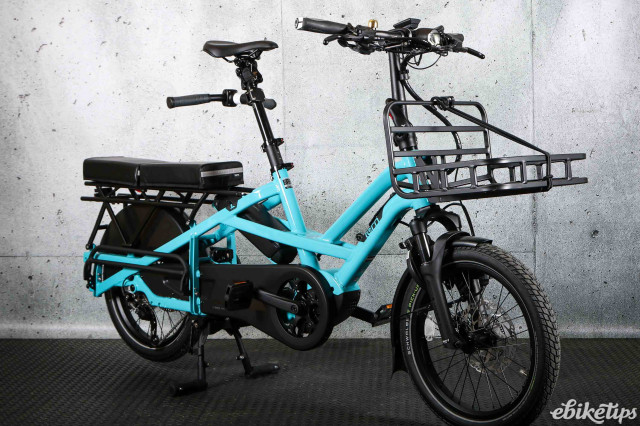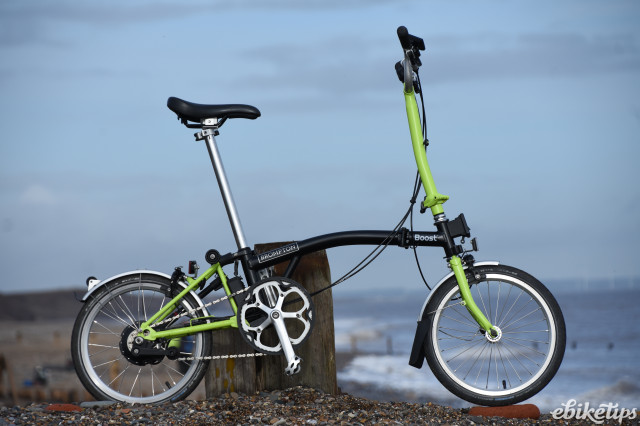Like many countries, Germany has seen the arrival of all manner of pop-up Covid-testing facilities in recent times. In Berlin, this includes 10 ‘Coronabikes’ – custom e-cargo bikes from which commuters can be tested and get results within 15 minutes.
We’re seeing e-bikes being put to use for all sorts of healthcare tasks these days.
London paramedics made house calls on e-bikes last winter to ease pressure on GPs and there are e-bike ambulances on the streets of Paris. Lime and Pedal Me, meanwhile, have both been offering free rides to Covid-19 vaccination appointments.
The Guardian reports that in Berlin, Coronabike tests are available without an appointment and free of charge, with providers getting reimbursed by the state. Anyone who gets a test from one can expect the results on their phone within 15 minutes.
The Citkar Loadster mobile test centres move through all city districts but concentrate their attention on busy areas where there are currently no bricks and mortar testing facilities, such as public parks, train stations and major shopping streets.
The riders do a two-day course on how to accurately take swabs and maintain hygiene standards, but most have no previous medical experience.
Rapid antigen tests are of course less reliable than PCR tests analysed in a lab, but their accessibility has an impact. A new study published by the University of Bonn suggests that weekly rapid tests for 42% of Germany’s population in May of this year were far more influential than vaccines in generating a steep drop-off in infection rates.
The longevity of the Coronabike project is however in doubt. For a start, Germany recently reduced the compensation for each test from €18 to €11, but mobile testing could also be compromised by the weather.
While the e-cargo bikes in use have had storage compartments loaded with ice to keep tests near room temperature on hotter days, temperatures below freezing later in the year could reduce their reliability.
“I will have to ask myself whether I can really let my riders hang out in the ice and rain all day,” said Maximilian Fritzsch, who runs the project.





